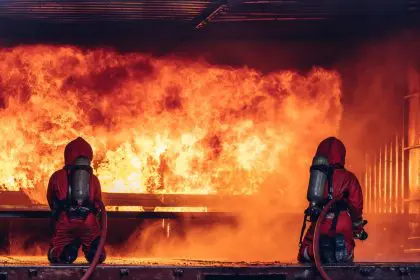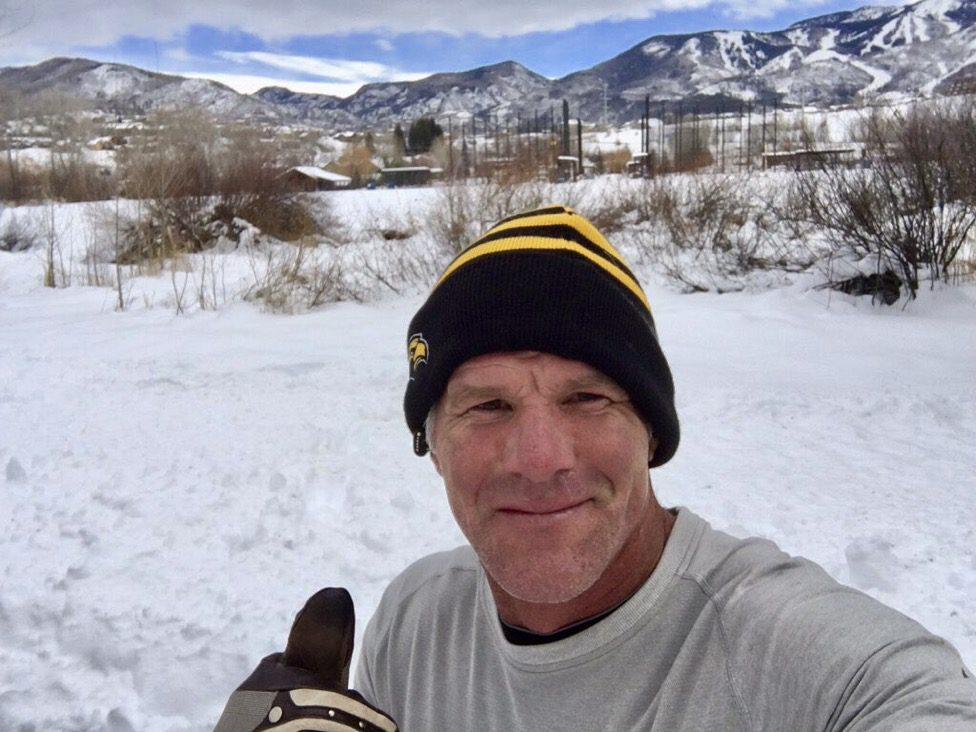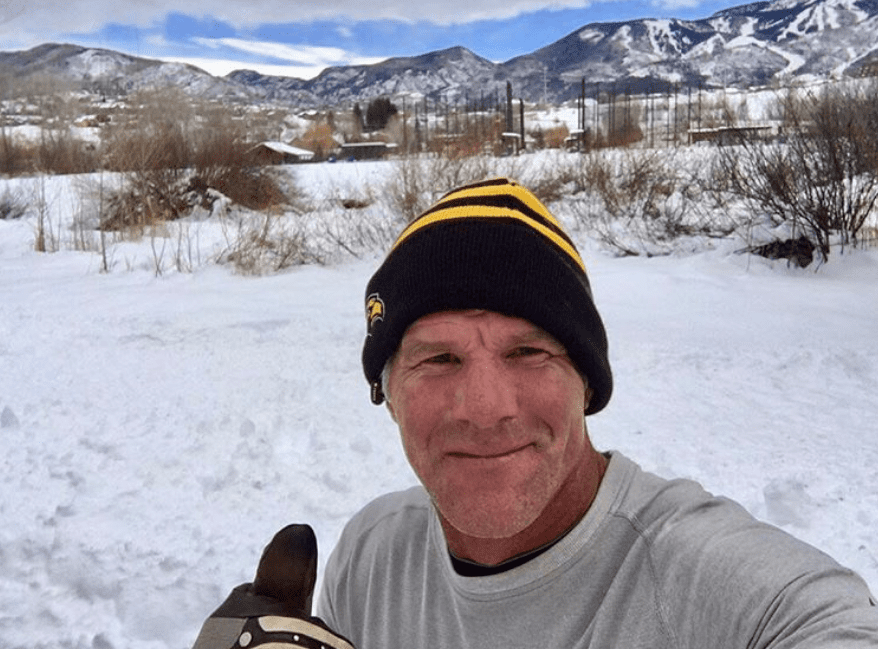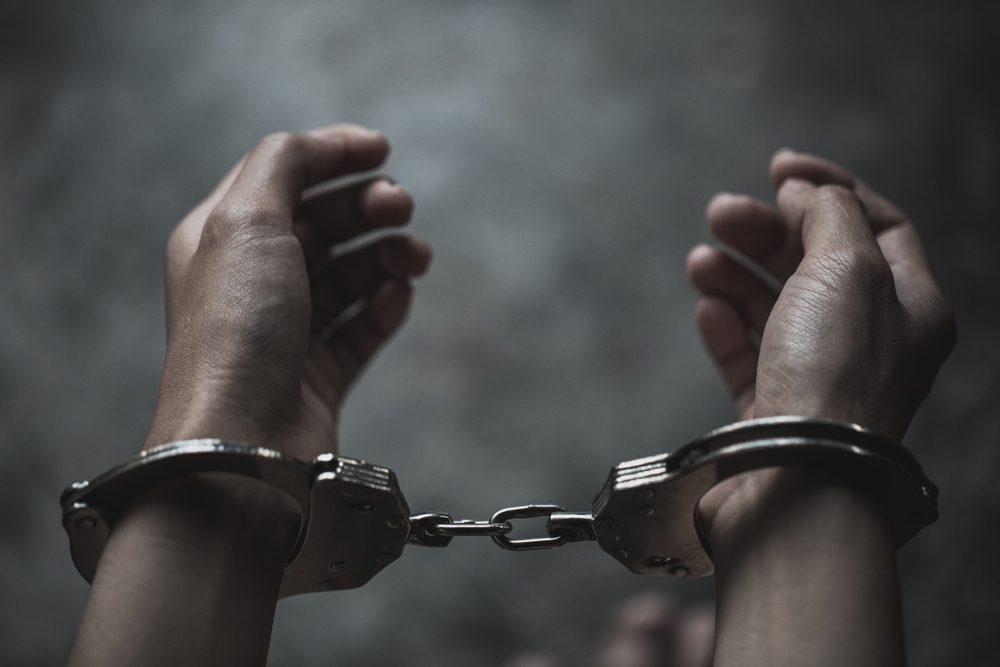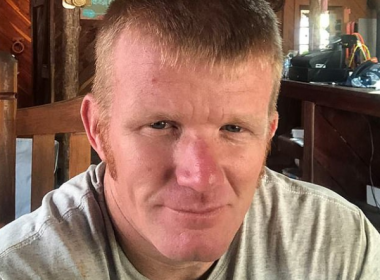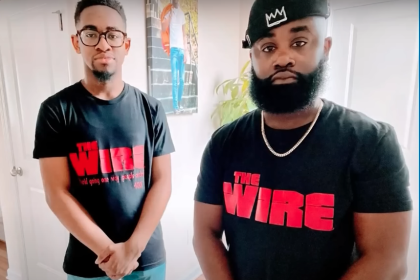A recent tornado in Mississippi has affected thousands of people and left at least 26 people dead, according to Yahoo! The Federal Emergency Management Agency has immediately gone down to the state to assist those in need.
Director of DHS Center for Faith-Based and Neighborhood Partnerships, Marcus Coleman recently spoke to rolling out about the organization’s efforts.
What exactly was the impact of this natural disaster?
An absolutely devastating impact throughout the state of Mississippi. We have thousands of families that have been directly impacted. News reports talk about 20 or so folks that have been deceased as a result of this particular tornado, but we know, for thousands of people throughout the State of Mississippi, the road to recovery is going to be long.
It’s going to be traumatic, and it’s been heartbreaking. I was able to spend some time in Rolling Fork, Mississippi on Sunday supporting the FEMA administrator and the secretary, and met with Congressman Bennie Thompson, members of the Congressional delegation from the U.S. Senate, the Governor’s office. I’ll say, man, pictures don’t do it justice in terms of the scale and scope of impact. Our thoughts and prayers continue to be with the families, but in this instance, we want to make sure we are acting just as fervently as we pray.
What exactly is FEMA doing to help the people of Mississippi?
President Biden signed a disaster declaration, which allowed for individual assistance, which is a specific FEMA program to be activated. Here’s what that means for families, President Biden signed a declaration. What that means for individuals and families is, if their homes have been damaged, or if they lost their homes, or a place that they call home, they can dial 1(800) 621-3362 or visit disasterassistance.gov, and jump start their road to recovery.
We recognize that Federal Government resources are going to be critically important. Congressman Thompson definitely helped us get facilitated connections to several key local government officials and faith leaders who are going to be working with us to help make sure to spread the word across the state that people can apply for disaster assistance.
We also recognize we had a number of other types of facilities that were damaged. Small business owners. We were in a rural agricultural area, so a lot of Agribusiness and houses of worship in addition to the Federal resources available from the Federal Emergency Management Agency. What that declaration also does is it allows FEMA to serve as a coordinating body to bring in other departments we know are going to be critical to helping these communities recover from the U.S. Department of Agriculture to the Department of Education, to Health and Human Services. These are whole lives disrupted, and we need to take a whole-of-government approach.
We’re still in the early process of the response, but we are headed towards working with the community to make sure we are taking a whole-of-government approach to support these communities as they try to rebuild.

